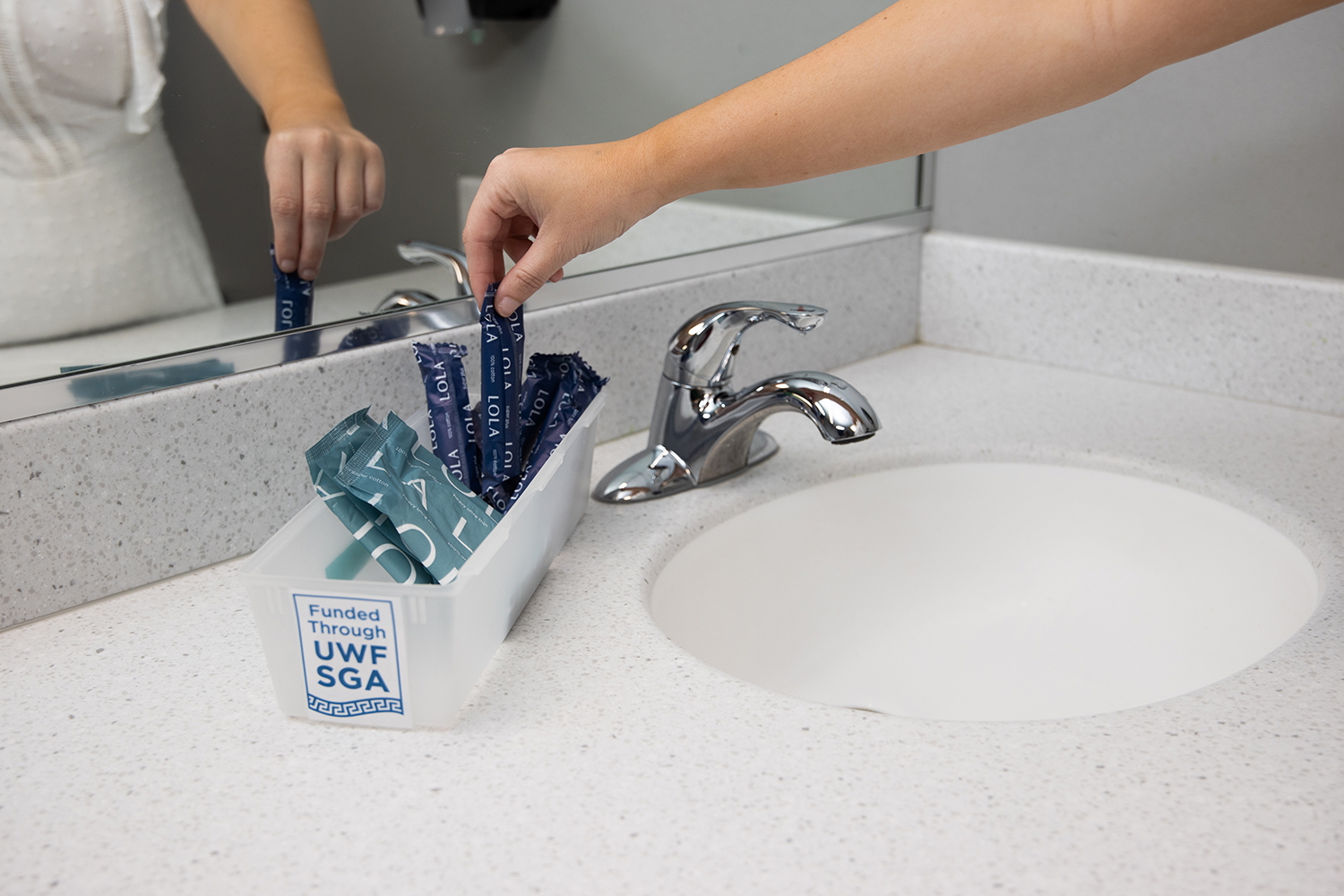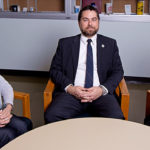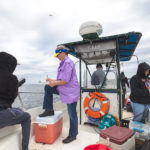UWF students provide free menstrual products, work to raise awareness on “period poverty” following campus study
The University of West Florida’s Student Government Association is taking steps to tackle period poverty on UWF’s Pensacola campus. Period poverty is the inability to access clean menstrual hygiene products. A recent study conducted by two College of Education and Professional Studies faculty members revealed its prevalence on campus.

The University of West Florida’s Student Government Association is taking steps to tackle period poverty on UWF’s Pensacola campus. Period poverty is the inability to access clean menstrual hygiene products. A recent study conducted by two College of Education and Professional Studies faculty members revealed its prevalence on campus.
“Period poverty is not new, but there has been a growing awareness globally and some legislation enacted to address it in recent years,” said Jennifer Brinkley, assistant professor of legal studies. “We began digging into this topic following a study published in the National Library of Medicine, which implored us to explore period poverty at UWF. We thoroughly researched the topic, developed an anonymous survey and encouraged students to complete it.”
Brinkley, along with Dr. Nicole Niebuhr, assistant professor, criminology and criminal justice professor, recently completed a study on period poverty among UWF undergraduates. Brinkley and Niebuhr sent the survey to UWF undergraduate females and received 762 usable responses. The study examined the instances of period poverty among the student body, as well as determined what life strains students were under when trying to access menstrual hygiene products. Not only did 18.8% of the undergraduate students surveyed experience period poverty over the last 12 months, but 7.6% experienced it every month in the last 12 months. The results also indicate 27.6% of students surveyed used other materials, like toilet paper or fabric, when they could not access menstrual hygiene products.
Brinkley and Niebuhr presented these findings to SGA in March. While the products have been available for free on campus for the past few years, Steven Wiktorski, SGA student affairs vice-chair, says he believes some students may not know where to find them.
“We are working on increasing the awareness and advertising the availability of these products on campus,” Wiktorski said. “The products are purchased by SGA. Then we provide them to peer educators who place them in six bathrooms around campus. In addition, they are available at UWF’s Argo Pantry, but I don’t think a lot of students are aware of that.”
In October, Wiktorski said they had great success with a menstrual hygiene product giveaway at University Commons.
“This semester, we are restocking the supply and exploring the possibility of restocking more bathrooms,” Wiktorski said. “We are also now providing environmentally sustainable menstrual products. Last month, the University Affairs Committee approved funding for 1,000 organic tampons and 1,500 organic pads.”
Wiktorski says the results of Brinkley and Niebuhr’s study highlights the importance of focusing on this issue. Brinkley and Niebuhr have submitted an article to several law journals for consideration.
“An intense stigma surrounds menstruation,” said Niebuhr. “It is important efforts are made to minimize the stigma. Through education, legislative action, and advocacy, changes in law and policy can minimize stigma and protect the mental and physical well-being of citizens.”
For more information about the University of West Florida Student Government Association, visit uwf.edu/sga.



